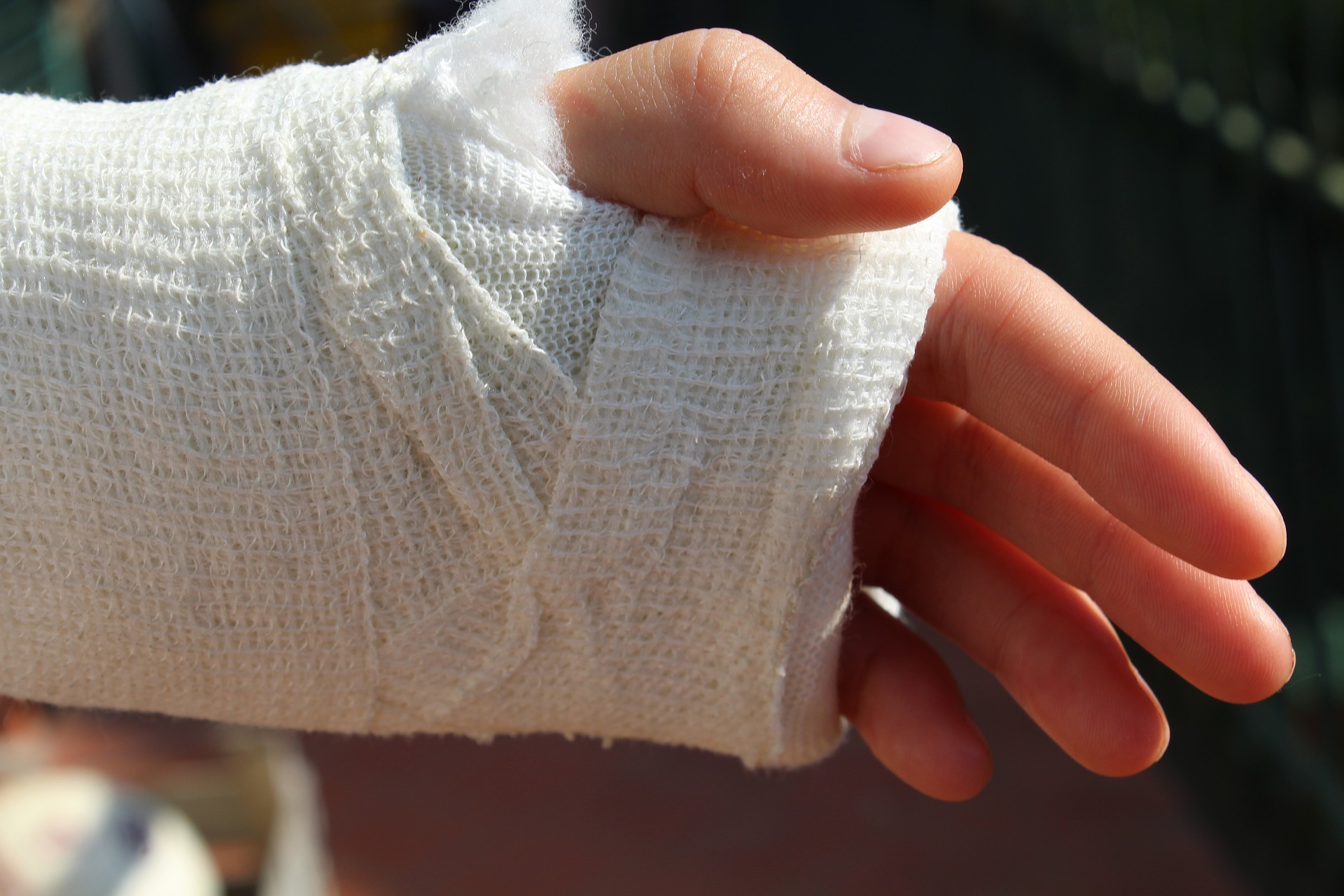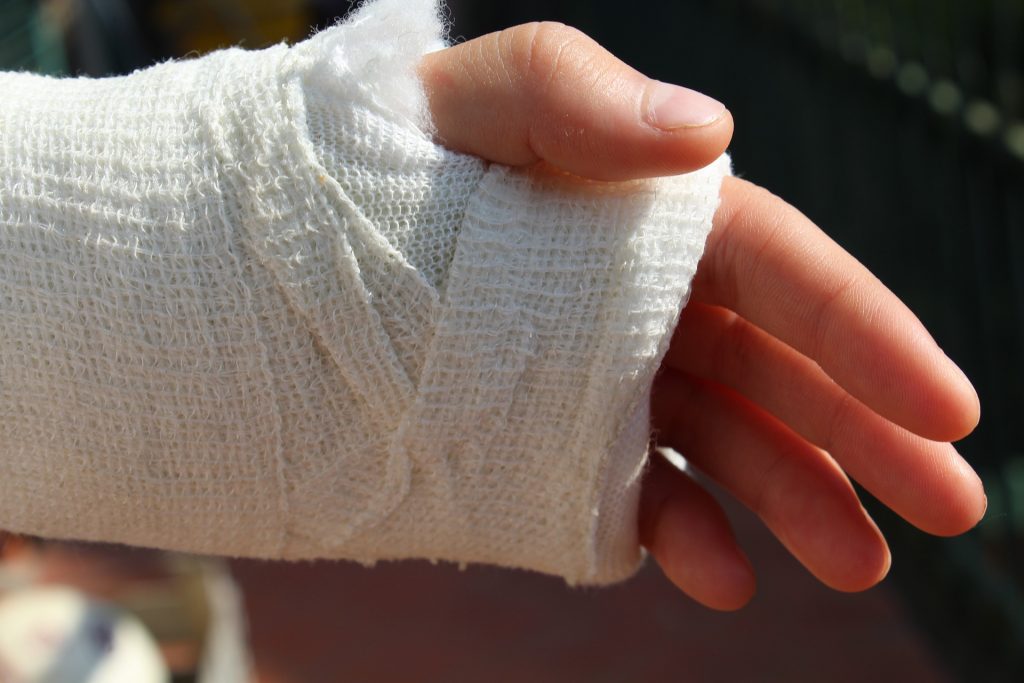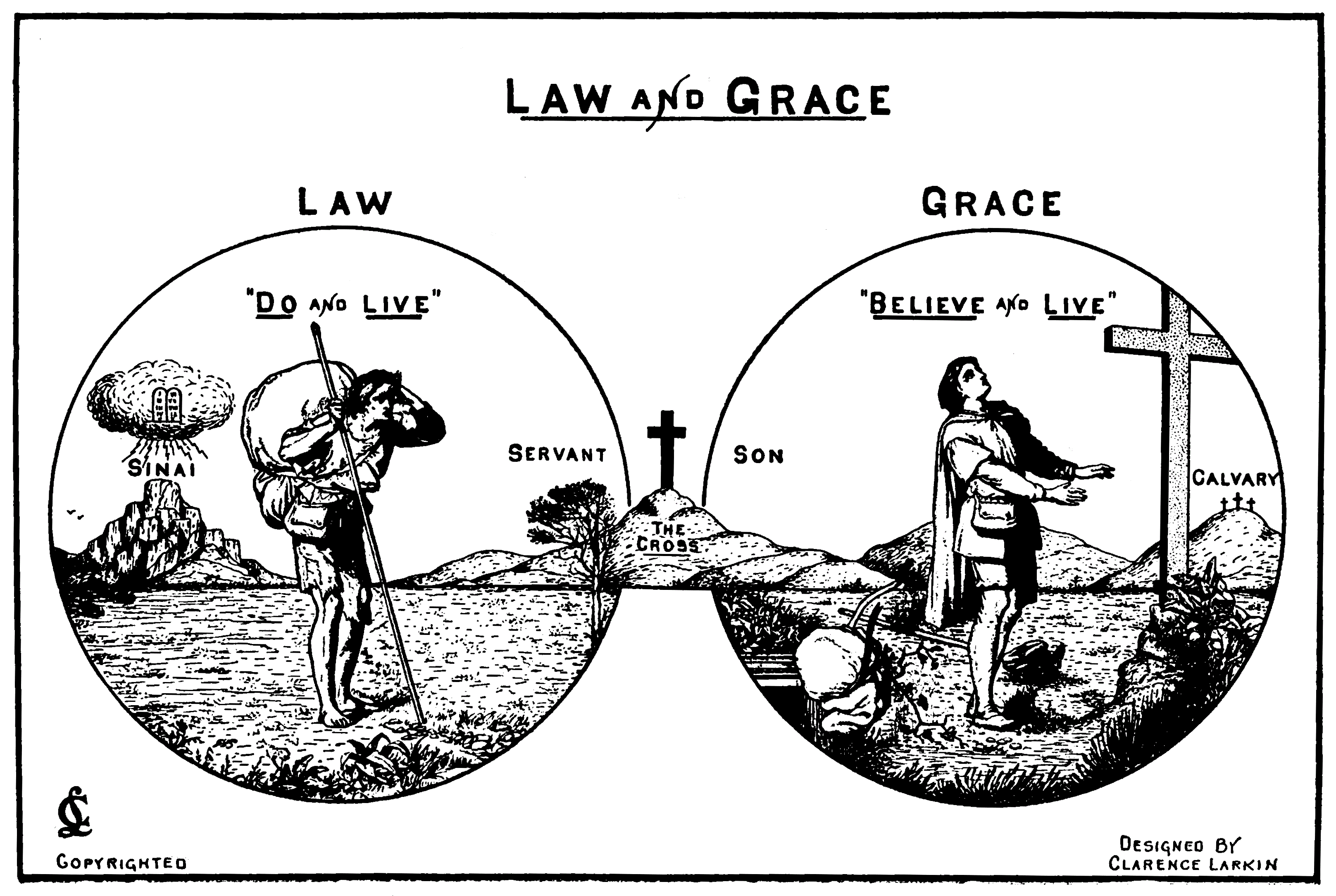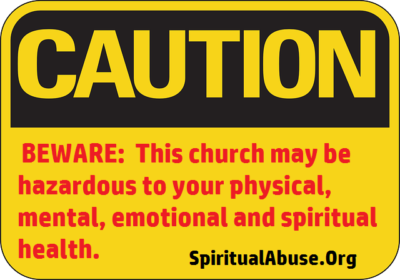 Sliding down the beige-colored drywall, slumped down on the soft carpet beneath, a woman weeps bitterly for her life long-gone, faced with the insurmountable complexities and intricacies of motherhood for the first time. Months have passed since the traumatic birth of her son, but she still finds herself searching for the solace of the quiet dining room floor in the dead of night, tears flowing, skin crawling, wondering how to make it through another day. During her extended hospital stay, she discovered the continual flashbacks were a symptom of postpartum post-traumatic stress disorder (P-PTSD), but it provided little comfort to the new mother as she struggled to breastfeed her jaundiced baby who fell asleep immediately after latching on. As she contemplated her decisions during birth, she concluded that her inability to birth her child without intervention led to the newborn’s difficulty in feeding, jaundice, and weight gain. Pediatricians ignorant to the struggles of breastfeeding only amplified the confusion and stress as they continued to push for supplementation and pumping to determine production rate. To the new mother, formula signified that her body failed her once again in what should have been one of the most natural forms of nourishment and care.
Sliding down the beige-colored drywall, slumped down on the soft carpet beneath, a woman weeps bitterly for her life long-gone, faced with the insurmountable complexities and intricacies of motherhood for the first time. Months have passed since the traumatic birth of her son, but she still finds herself searching for the solace of the quiet dining room floor in the dead of night, tears flowing, skin crawling, wondering how to make it through another day. During her extended hospital stay, she discovered the continual flashbacks were a symptom of postpartum post-traumatic stress disorder (P-PTSD), but it provided little comfort to the new mother as she struggled to breastfeed her jaundiced baby who fell asleep immediately after latching on. As she contemplated her decisions during birth, she concluded that her inability to birth her child without intervention led to the newborn’s difficulty in feeding, jaundice, and weight gain. Pediatricians ignorant to the struggles of breastfeeding only amplified the confusion and stress as they continued to push for supplementation and pumping to determine production rate. To the new mother, formula signified that her body failed her once again in what should have been one of the most natural forms of nourishment and care.
Diaper change. Nurse. Diaper leak. Diaper change. Nurse. Baby falls asleep. Lays baby down. Startle reflex. Nurse. Diaper change. Nurse. Baby falls asleep. Lays baby down in the bassinet and baby lies still. She collapses on the bed where her husband sleeps peacefully, his body regaining necessary strength for another day of demanding work. She closes her eyes in hopes of a mere thirty minutes to rest her weary mind, but is he breathing? Will she wake up to find the cold, lifeless body of the one she carried and agonized over for nine months as countless mothers before her? Will God take her baby too? It is not that she is avoiding trying to get her spiritual walk back where it used to be. She managed just enough time this morning to pull her black leather Bible off the shelf. Peeling back the old familiar pages, yellowed from her morning devotions in Bible college, she longed for the peace she experienced those mornings, huddled alone in the brisk stairwell studying before class, pouring her heart and soul to hide God’s Word in her heart. Those words carried her through the days, through the complications of social life and drama, the intensities of college papers and final exams, coupled with the extenuating circumstances of her mentors back home.
Her chest tightened this morning against the air she had left, forcing the darkening pit yet deeper into her stomach as she stared at the black ink, smudged from often tears. Forcing herself to begin, she turned the dried pages to the book of Proverbs, a hidden plethora of crippling landmines yet a well-acquainted guide. She quickly found her mind racing back to her bed at her parent’s home. Peering out the window of the bedroom that day, phone in hand, tears streaming down her face, she wondered when her mentor, Brother Thomas, would forgive her of her most recent transgression. When would his wife, Mrs. Julie, see that she was not trying to mess up again? When would she be allowed to go back to her old church family, rather than searching for one over an hour away? Her body froze, tense with the blanket of emotions she experienced that week, reliving them again and again until her baby let out a shriek, waking up from a few moments of slumber. She failed in completing her Bible reading but would have to try again another day. Instantly, a chill shutters through her tired body, bringing her back to the present. The baby! Is he still okay? She sits up and listens for his breath, but all she hears is the hum of her husband’s CPAP. She leans closer to the bassinet listening ever more intently, hoping just for the soft whisper of the air. Maybe she could simply touch the top of his chest and feel his lungs as they rise and fall, if they were even still moving. The young child stirs just slightly, appearing to fall back sleep, only to whimper and then scream for milk.
Diaper change. Nurse. Diaper change. Nurse. Lays the baby down. Startle reflex. Nurse. Diaper change. Nurse. Lays the baby down. Baby starts to cry. Diaper change. Nurse. Baby finally falls asleep again. The mom kisses him good-bye and lays back down, hoping and praying that her baby makes it through the night. She hears footsteps in the distance, a creak in the floor boards. Slowly, she climbs out of bed, intensely watching the hallway light under the door for movement. She lays down at the base of the locked bedroom door. Waiting. Watching. Listening. Heart pounding. Mind racing. Surely, God would not allow someone to break in and take away the most precious things in her life again. Oh, the irony that would be. Everything precious to her goes away. It never lasts. She stays there frozen for what seems like hours until she finally builds up the courage to check the house for the third time that night. Coming back into the room, locking the door, she sits on the bed near the bassinet. Is he breathing? Again, sitting there staring, listening, watching for any sign of life. Laying back down again, the baby’s stomach shoots up acid, burning his little throat, sending him sputtering and coughing, almost drowning on his own fluids. She races to the side of the bassinet and picks him up, frantically patting his back and waiting for him to scream with full intakes of air. She sits in the all-too familiar ottoman to nurse, the cushion worn with use. Nurse. Diaper change. Nurse. Lays baby down to sleep. But will he make it through the night?
Needing out of the small room and hoping not to wake her husband or baby, the mother finds her place on the dining room floor, finally able to allow the out-pouring of tears, pooling in the dark circles under her eyes. Her old mentor’s words still race through her mind, “The only reason you want to get married is to have sex and to have babies.” His words haunt her day by day, over-spiritualizing yet condemning her desire for children. All I want right now is sleep. All I’ve wanted for months is sleep. Why isn’t he gaining weight? Why is my body failing him? The three-month-old still nurses forty-five minutes out of every hour during the day, giving a mere fifteen to twenty-minute break before nursing again. Why can I not figure out what my son needs? His undiagnosed lip-tie and tongue tie wears out the poor baby before he can finish a meal. He falls asleep with only a snack and wakes up shortly after, starving and not gaining weight. A six-month insurance complication further prevents the scrawny baby from receiving a proper evaluation of the ties. Her heart cringes as people coo over the baby, exclaiming how tiny he is. “Look at those little cheeks,” the older women always say. “You better enjoy it. It only gets harder from here.”
Her eye catches the masses of material, thread and snaps for cloth diapers swallowing up the table. At least she is attempting to sew? The Proverbs thirty-one woman “seeketh wool and flax, and worketh willingly with her hands” (Prov 31:13 ). How do other mothers balance caring for multiple children when she is drowning under the expectations of one? Awake at all hours of the night, she nurses in the chair for hours on end. For the first several months, she took to laying down on the couch in the mornings to nurse in hopes of catching up on just a moment of sleep. Those moments turned into broken hours of slumber, but never feeling rested or rejuvenated, always exhausted and trapped in the mundane cycle of nursing and changing diapers. The dishes would overflow onto the countertops as the laundry lounged on the hallway floor for days. “She riseth also while it is yet night” (Prov 31:15). “All her household are clothed with scarlet” (Prov 31:21). Why is it never enough? “Enjoy this time,” they said. “You will miss these days. They grow up so fast.” By the time she would have the strength to force herself off the couch, it would already be afternoon and almost time for her husband to come home. “All you do is sleep all day,” her husband scolded, weary from a long day at work.
Her blood boils within her, recollecting the nights he has fallen asleep on the couch as she nursed the baby for hours on end, her husband snoring loudly and keeping the baby awake. She recently adapted an extensive cleaning program to aide in keeping up on the little apartment, striving to be a “keeper at home” (Titus 2:5), but her mind now becomes fixated on completing minuscule details, even waking up at two in morning to “shine the sink” or “swish and swash the bathroom.” The day before, her husband’s socks mocked her from the bedroom floor while the unorganized silverware in the dishwasher sent her into almost uncontrollable fury. She is clueless that rage is yet another symptom of the postpartum depression that overtakes her day by day.
 Her mind shoots back to her sleeping child. Even if he makes it through the night, is he even going to be able to make it through the next few days? We could lose him at any time. His pediatrician is afraid he has whooping cough. His little body has been sick for days, congested, coughing, gasping and lethargic. The new mother and father made the decision not to give him the new pertussis vaccine after three accounts of life-threatening reactions in the family history, including one tragic death. The new a-cellular pertussis vaccine is still the same formula, but simply a lower dose. Despite immense pressure from the pediatrician’s office and health department, the parents give everything except the pertussis vaccine. Now her child might die in her arms. She’s spent hours holding her child, weeping over his frail body, researching about the symptoms and progression of whooping cough, waiting anxiously for the results. If it is pertussis, the treatment is the same medication that can take his life. The test results take two weeks, but the sickness is lethal within ten days.
Her mind shoots back to her sleeping child. Even if he makes it through the night, is he even going to be able to make it through the next few days? We could lose him at any time. His pediatrician is afraid he has whooping cough. His little body has been sick for days, congested, coughing, gasping and lethargic. The new mother and father made the decision not to give him the new pertussis vaccine after three accounts of life-threatening reactions in the family history, including one tragic death. The new a-cellular pertussis vaccine is still the same formula, but simply a lower dose. Despite immense pressure from the pediatrician’s office and health department, the parents give everything except the pertussis vaccine. Now her child might die in her arms. She’s spent hours holding her child, weeping over his frail body, researching about the symptoms and progression of whooping cough, waiting anxiously for the results. If it is pertussis, the treatment is the same medication that can take his life. The test results take two weeks, but the sickness is lethal within ten days.
Oh God, please don’t take my baby away. I’m trying so hard. She knows God answers prayer as she has seen Him answer in the past. Please look past my failures in prayer and see my baby. Even after hours of counsel, the young mother has yet to re-learn how to pray. Under Mrs. Julie, she followed a set pattern, and oh, how she saw God work, first asking God how she should worship him, waiting for the answer, and then praying. Then she would ask how God desired for her to thank Him, then wait and pray. She asked what she needed to confess, how He wanted her to pray for others, and then for herself, always waiting for the answer before praying. She would commonly see up to five directly answered prayers in a day when she depended on and walked ever so close with the Lord. Her heart yearns to be able to pray again, but re-programming from the cultish-mindset prevents her, fear of her past overwhelms her, and the anguish of broken trust in the God she once loved breaks her at the core. He was supposed to protect her.
But how can she pray for her son now, knowing that she hasn’t “kept short lists with God”? Iniquity hides His face from her that He will not hear (Isaiah 59:2). She believes her son could die because she isn’t right with the Lord. “The effectual fervent prayer of a RIGHTEOUS man availeth much” (James 5:16). He is a righteous God of judgment after all. Maybe Mrs. Julie was right. Maybe I wasn’t ready spiritually for marriage, and much less for motherhood. Maybe I shouldn’t have gotten married and my husband should have married someone else that can truly care for him, his children, and a home. Her mind wanders and races, remembering the days of her and her husband’s courtship, the days they talked for hours, jesting and exchanging glances. He deserves a virtuous wife who is still faithful to and studies God’s Word diligently and can encourage him to do the same, not someone who panics with reminders of the past. The tears well-up as she remembers her pregnancy, filed with anxiety but with greater joy in anticipation of a baby boy on the way. He deserves a mom who can “train him up in the way he should go” (Prov 22:6). He deserves so much more.
The young new mom leans over, weeping bitterly for her family. They deserve so much more. Lifting her head, her vision blurred and eyes stinging, intrusive thoughts once again race before her as a daily ritual. “There’s a large knife in the kitchen.” What? No. She vigorously shakes her head as if it makes the idea disappear. “There’s a gun in the bedroom.” Where is this coming from? Besides, guns have recoil. It probably would not work. “There are other ways.” No. I’m not going there. “Your family deserves so much more. What will your children become if their own mother cannot read her Bible and pray? What you cannot handle around the house becomes a burden on your husband. It would be better if you stepped out of the way so God can use someone else to help and support them the way they need and deserve.” She leans back over to weep, but suddenly hears the baby from the backroom. He needs milk again in order to fall back asleep. Little does she know that these intrusive thoughts will continue for many more months to come.
Perinatal mood disorders (postpartum depression, anxiety, OCD, PTSD, bipolar disorder, psychosis, etc.) are actual disorders, valid despite the stigma society attempts to place on them. Combine that with the destructive results of spiritual abuse and one is left as a ticking time bomb. When society says “suicide is selfish: it’s all about attention,” they invalidate the emotional heartache and physical pain of the sufferer, only intensifying the anguish. Suicide is often a cry for help because of seemingly insurmountable suffering. For others, the focus is on attempting to end the pain of those close to them, the ones they love and care for. Sometimes, it’s SELFLESS. But depression and suicide lie, speculating the problems end with death, but truly, it’s only exacerbated for those that are left behind. There IS hope, and there IS a way out that does not involve ending a precious life.
If you are contemplating suicide, there is no reason to be ashamed. Nothing good comes out of a life lost. You are truly precious in God’s eyes. Seek out a friend or family member, a general care provider, or call the Suicide Hotline at 1(800) 273-8255. You can also text 741741 and a crisis worker will text you back immediately and continue to text with you. It’s a free service to anyone who lives in the United States and it’s run by the Crisis Text Line. There is a also a Facebook Group called “Suicide Hotline: Crises and Prevention” that attempts to answer questions quickly and is there for help and support. Suicide is not “always selfish,” but it is blind, and fails to show that not only are there are other ways, but that your life is worth living.
When Suicide is Selfless (Part One): Within the Cult

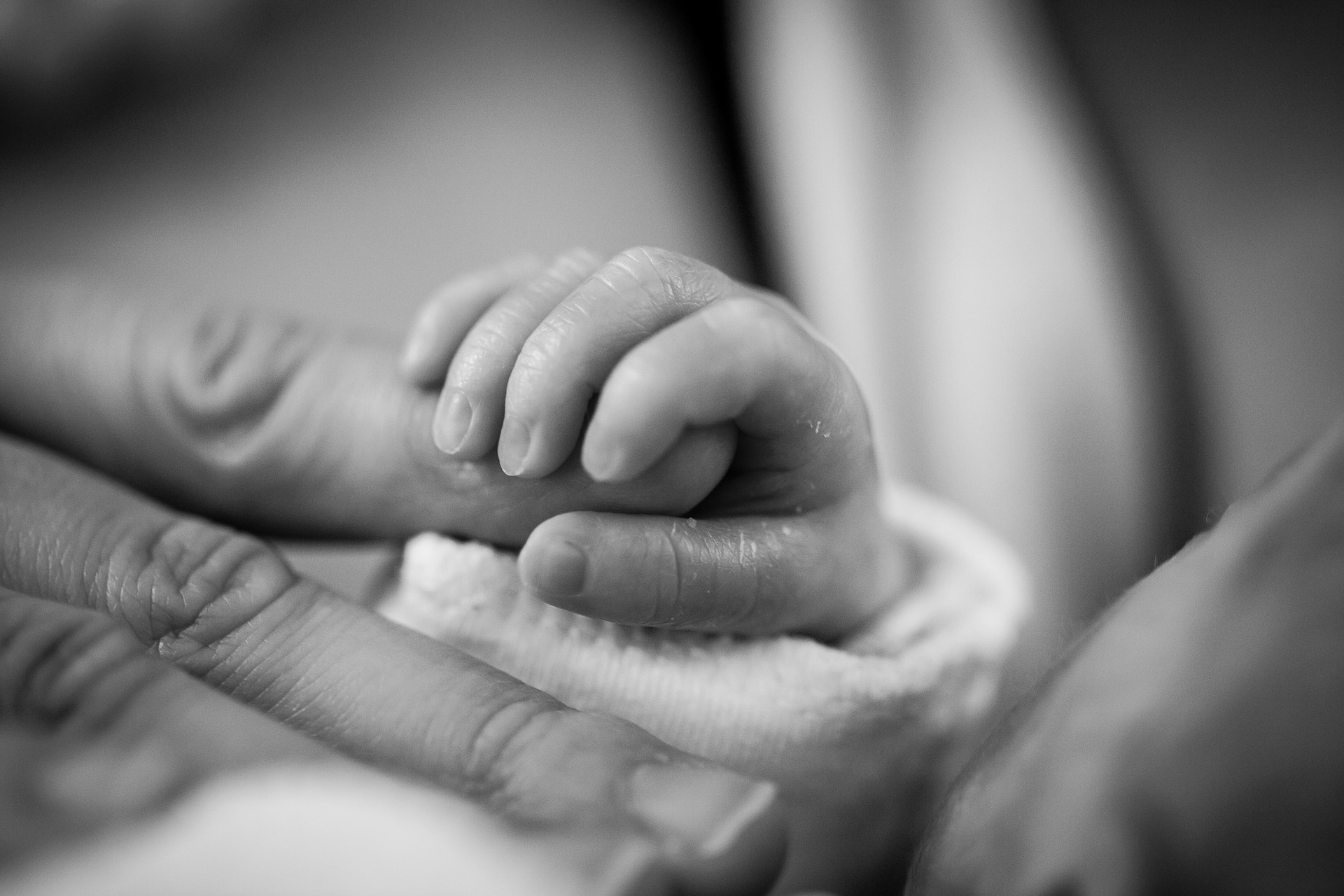
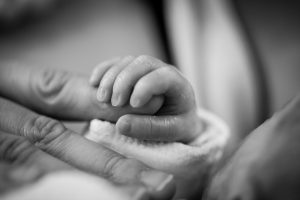 In an ever-changing world, man depends on the permanents and invariables, clenching onto the solid and stable for a surety to hopes and dreams, for truth and understanding. When one facet of security falters, the mind scrambles for another source of refuge and strength. But what if another one falters? What if yet a third foundation crumbles?
In an ever-changing world, man depends on the permanents and invariables, clenching onto the solid and stable for a surety to hopes and dreams, for truth and understanding. When one facet of security falters, the mind scrambles for another source of refuge and strength. But what if another one falters? What if yet a third foundation crumbles?